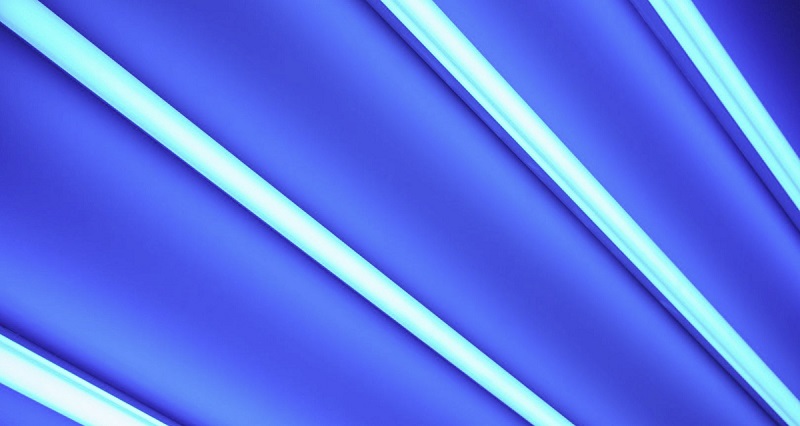When looking to clean the air in your home, UV air purifiers are one of the choices you have. They are recent in the market and are praised for offering a great solution when it comes to killing pathogens.
And while they might be effective, many people have been questioning whether there are any UV air purifier dangers. This is especially the case given how harmful ultraviolet light can be if one is overexposed.

Below, we take a detailed look into these appliances, from how they work, benefits, to any dangers they might pose in your home.
Contents
How do UV air purifiers work?
UV air purifiers use ultraviolet light to neutralize airborne pollutants, thus cleaning the air. The process is referred to as UV germicidal irradiation.
The UV germicidal irradiation technique has been in use for several years. It involves the use of short-wave ultraviolet light (also known as UV C light). This type of light contains massive amounts of energy, which alters the DNA of living organisms that are exposed to it.
In microorganisms that are mostly single-celled, the DNA alteration causes their cells to disintegrate, killing them. Due to this, UV C light is usually used in industries such as food, water purification systems, hospitals, and other areas to kill pathogens such as bacteria, mold, viruses, and other pathogens.
The same technique is applied in UV air purifiers; they come with an ultraviolet lamp that emits UV C radiation. When the air passes through the unit, the lamp irradiates the pathogens, killing them.
To make the air purifiers more efficient, they sometimes come with a forced-air system, which increases the airflow. Some might also come with a combination of other filters, for example, HEPA filters to trap more pollutants that are immune to UV radiation (in-organic allergens.)
What are the benefits of UV lights in air purifiers?
What is the purpose of a UV light on an air purifier? And what benefits does it offer?
1. They are effective against organic allergens
UV C light is one of the top sterilizing agents for organic pathogens. Therefore, they do an excellent job of getting rid of mold, bacteria, germs, and viruses in your home.
This can help to protect you and your family from asthma, allergies, colds, flu, and other health problems.
2. They offer more energy efficient
UV air cleaners are in the class of filterless air purifiers, which don’t use mechanical filtration.
As a result, they are more energy-efficient – as they only use small amounts of energy for the UV light.
3. They require minimal maintenance
With no filters, UV air purifiers are nearly maintenance-free. On top of that, you don’t have to worry about constant filter replacement, which can save you a lot of money.
UV air purifier dangers
Using ultraviolet germ irradiation to clean air offers many benefits. But is UV C harmful in air purifiers?
Here is a look at some of the top UV air purifier dangers you should think about before purchasing these appliances:
1. Generation of ozone gas
One of the main ways in which UV is harmful to humans is in the production of ozone gas. Due to its high energy capacity, the short-wave ultraviolet light can irradiate oxygen molecules breaking them down into oxygen atoms. When this happens, they can join with other molecules, forming ozone gas.
Overexposure to ozone gas can lead to several health problems. These include coughing, chest pain, inflamed airways, lung damage, and increased problems for people with asthma. Fortunately, many models of air purifiers come with coated UV lamps, which prevent the production of ozone gas.
2. Leaking of UV radiation
Overexposure to UV light can damage your skin cells, and in extreme cases, cause cancer. Therefore, poor quality purifiers are a cause for concern, as they can leak UV radiation.
Fortunately, the air cleaners usually come with a plastic or metallic casing, which prevents exposure to the ultraviolet light.
3. Less efficient in eliminating some airborne allergens
Another one of the top negative side effects of UV air purifiers is that they might not eliminate all allergens. The ultraviolent type C light is ineffective against allergens such as dust, pet dander, smoke, some odors, and other inorganic pollutants.
That being said, there are air purifiers that combine UV irradiation with HEPA and activated carbon filters. This makes them more efficient in removing allergens, whether organic or inorganic.
In conclusion
So, should you use air cleaners with ultraviolet light in your home? While there are some UV air purifier dangers to consider, they are minimal.
And in a good air purifier, these dangers are mitigated, for example, by coating ultraviolet lamp, and encasing them properly. On top of that, they offer several advantages, which help to improve greatly improve your indoor air quality.
